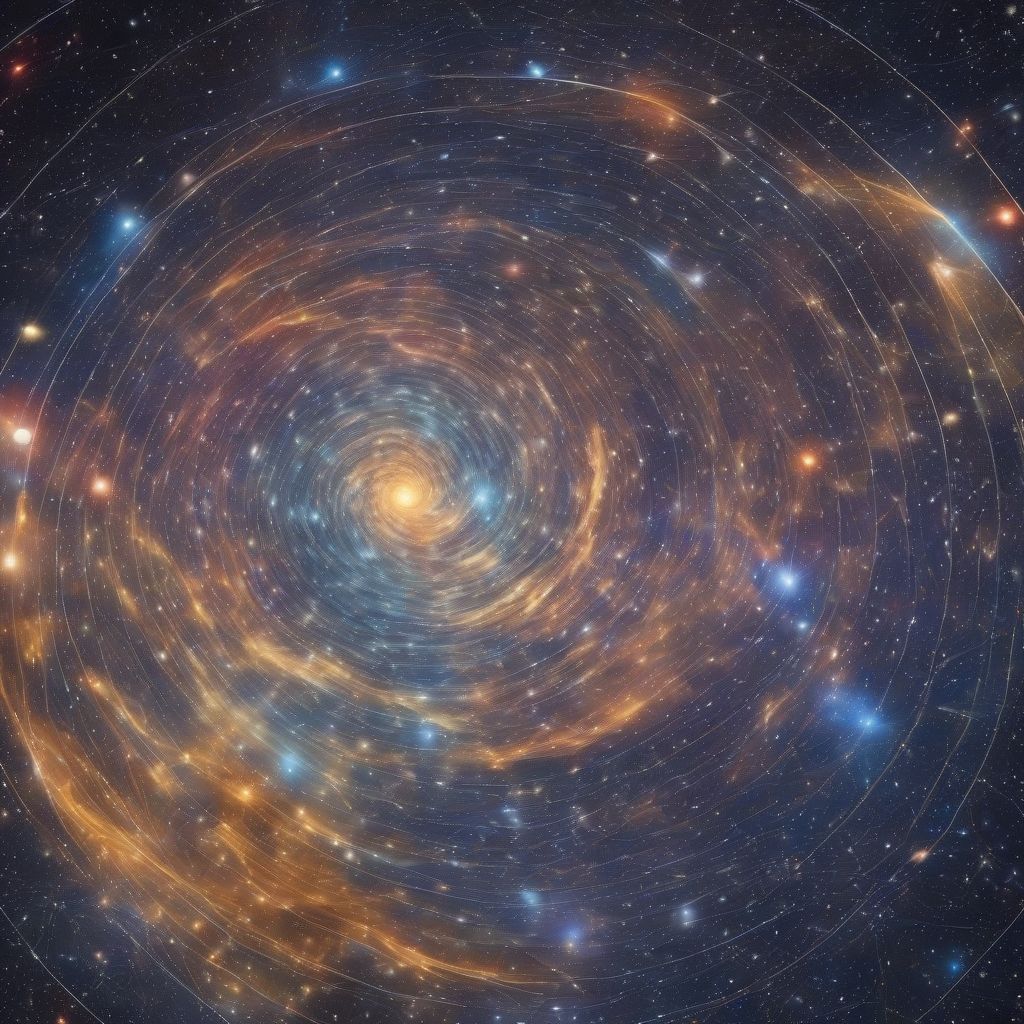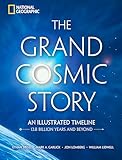Have you ever looked up at the night sky and wondered about our place in the cosmos? Humans have been pondering this question for millennia, and throughout history, groundbreaking scientific theories have revolutionized our understanding of the universe. From a geocentric view to the expanding cosmos, our journey of discovery has been nothing short of extraordinary. This article will explore some of the most impactful scientific theories that reshaped our comprehension of the universe and continue to inspire awe and wonder.
The Heliocentric Model: Shifting the Center of the Universe
For centuries, the prevailing belief was that Earth was the center of the universe, with all celestial bodies revolving around it. This geocentric model, championed by Ptolemy, held sway for over 1,400 years. Then, in the 16th century, Nicolaus Copernicus proposed a radical idea: the Sun, not Earth, was the center of our solar system. This heliocentric theory, further developed by Johannes Kepler and Galileo Galilei, sparked a scientific revolution, challenging established dogma and paving the way for a new era of astronomical understanding. Kepler’s laws of planetary motion, derived from meticulous observations, described the elliptical orbits of planets, while Galileo’s telescopic observations provided further evidence supporting the heliocentric model. “The Earth moves,” whispered Galileo, a statement that forever changed our cosmic perspective.
Newton’s Law of Universal Gravitation: Unifying the Heavens and Earth
Isaac Newton’s work in the late 17th century provided a unifying framework for understanding the motion of celestial bodies. His law of universal gravitation explained the force that keeps planets in orbit around the Sun and applies to all objects with mass. This groundbreaking theory linked the terrestrial and celestial realms, demonstrating that the same physical laws govern both. Newton’s work laid the foundation for classical mechanics and greatly influenced our understanding of gravity for centuries to come. As Newton himself remarked, “If I have seen further, it is by standing on the shoulders of giants.”
Einstein’s Theory of Relativity: Warping Space and Time
In the early 20th century, Albert Einstein revolutionized our understanding of gravity with his theory of relativity. His special theory of relativity, published in 1905, linked space and time, showing that they are not absolute but relative to the observer’s motion. Later, his general theory of relativity, published in 1915, described gravity not as a force but as a curvature of spacetime caused by the presence of mass and energy. This revolutionary theory predicted phenomena such as gravitational lensing and black holes, which have since been confirmed by observation. “Imagination is more important than knowledge,” Einstein famously said, and his imaginative leaps transformed our understanding of the universe.
The Big Bang Theory: The Origin and Evolution of the Universe
The 20th century also witnessed the development of the Big Bang theory, which describes the origin and evolution of the universe. According to this theory, the universe originated from an extremely hot, dense state about 13.8 billion years ago and has been expanding and cooling ever since. Evidence for the Big Bang includes the cosmic microwave background radiation, the observed redshift of distant galaxies, and the abundance of light elements in the universe. While the Big Bang theory leaves some questions unanswered, it remains the prevailing cosmological model, providing a framework for understanding the universe’s history.
Quantum Mechanics: The Strange World of the Very Small
Quantum mechanics, developed in the early 20th century, revolutionized our understanding of the very small, revealing the bizarre and counterintuitive behavior of matter at the atomic and subatomic levels. Concepts like wave-particle duality, quantum entanglement, and the uncertainty principle challenged classical physics and provided a new framework for understanding the fundamental constituents of matter. Quantum mechanics has had profound implications for various fields, including chemistry, electronics, and materials science, and continues to be a vibrant area of research.
The Expanding Universe and Dark Energy: Unveiling Cosmic Mysteries
Observations made in the late 20th century revealed that the expansion of the universe is accelerating, a surprising discovery that led to the concept of dark energy. This mysterious force, which makes up about 68% of the universe’s total energy density, is responsible for the accelerated expansion. While the nature of dark energy remains one of the biggest mysteries in modern cosmology, its discovery has profoundly impacted our understanding of the universe’s fate.
 Expanding Universe
Expanding Universe
- Hardcover Book
- Carroll, Sean (Author)
- Hardcover Book
- Hertog, Thomas (Author)
- Hardcover Book
- Siegel, Ethan (Author)
- Greene, Brian (Author)
- English (Publication Language)
- Hardcover Book
- Sawicki, Marcin (Author)
- Amazon Kindle Edition
- de Grasse Tyson, Neil (Author)
Conclusion
The journey to understand the universe has been a long and fascinating one, marked by groundbreaking scientific theories that have challenged established paradigms and opened new avenues of exploration. From the heliocentric model to the Big Bang theory and the discovery of dark energy, each breakthrough has deepened our understanding of the cosmos and our place within it. While many mysteries remain, the pursuit of knowledge continues to drive us forward, inspiring awe and wonder at the vastness and complexity of the universe. We encourage you to share your thoughts on these fascinating theories and join the conversation about the mysteries of the cosmos. Let us know what intrigues you most and which scientific breakthroughs you find most awe-inspiring.










